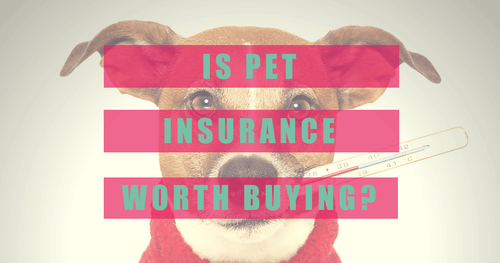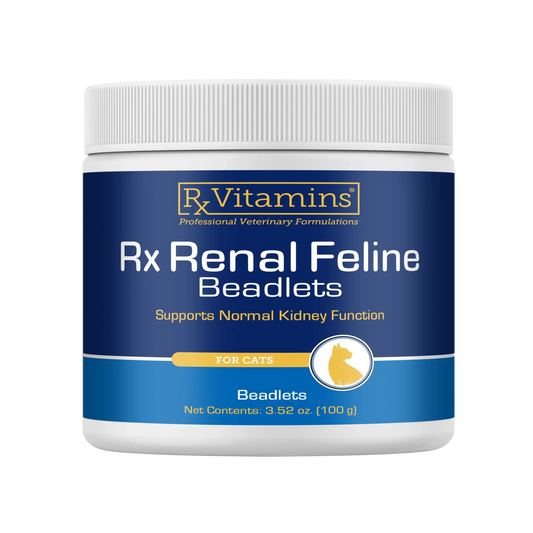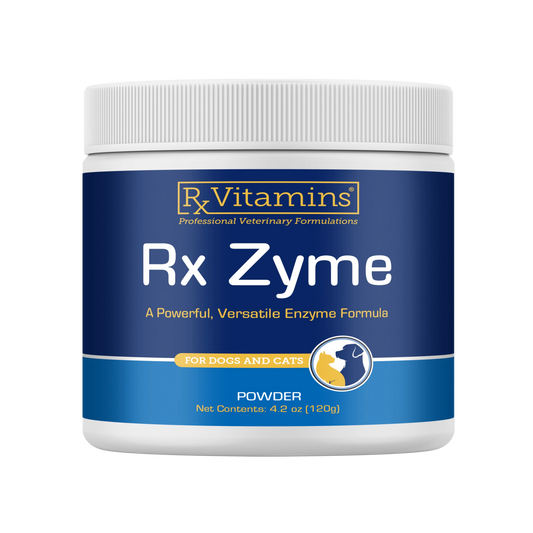Today I am sitting in a specialty hospital with my cat, Simba. He has been losing weight, vomiting and has pancreatitis. It’s hard to be on the other side. I am always humbled when I become the ‘client’ and my pet becomes the ‘patient’. As a holistic veterinarian, one of my missions is to help people become medical advocates for their pet. After almost a decade of seeing people leave veterinary clinics feeling disempowered and helpless I know there must be a better way.
As I sit here in the exam room, I feel connected to all the other pet owners that sit in these rooms. It’s a little scary. All I can think about are all the terrible things that might be found. I am so nervous. So how can we be the best medical advocates for our pets when we are scared? How can we keep it together during these uncertain times?
Here is my 5-step strategy to becoming your pet’s best medical advocate during veterinary appointments.
1. Come prepared.
I get many follow up emails and phone calls from clients telling me they forgot to ask a question or have me look at a new bump. To avoid this, come with a list of questions and concerns. Put check boxes by them and check them off as you go. Here is a guideline of questions and information to have prepared.
- Your biggest concern. It is important that you have prioritized the main reason for your visit. This helps your veterinarian know where to focus.
- Your pet’s symptoms and how frequently they occur. Stating this information right away will help you get more face to face time with your veterinarian. For example if you say ‘my dog has been having diarrhea’, your veterinarian will need to inquire more about duration, frequency and consistency. Consider this instead: ‘my dog has had diarrhea for 5 days. He has pooped 5 times a day with a cow pattie consistency.’ This gives your veterinarian more information and you can move on to other information.
- If you have a preference of how you would like to proceed, let your veterinarian know. If there is a certain diagnostic or treatment you would like to have performed, tell your veterinarian right away.
2. Stay Calm.
Don’t forget to keep breathing. When you are scared it is easy to get in a ‘fight or flight’ mode. Maybe your veterinarian disagrees with a treatment or diagnostic option you read about. Instead of shutting down, ask them why. Start a discussion. Hear their side. Let them know how you feel about it. It’s amazing what calm communication can solve. Just keep breathing and keep communicating.
3. Schedule a follow up appointment that is paid.
Once you have settled on a diagnostic or treatment option, set up the next consult. I suggest doing a paid consult either in person or over the phone. This is especially important if your pet has a complicated case. It will become part of their appointment calendar and you will get more of their full attention. Most veterinarians will talk on the phone for free for check ins and to report on bloodwork. These calls are generally at the end of the day or stuck in between appointments. This is fine for simple or routine diagnostics but more complicated cases are difficult to squeeze into these times.
4. Understand the process.
This is the most important. You must do your best to understand your pet’s diagnosis or potential diagnosis. Obviously, if you did not go to medical or veterinary school, your understanding may not be the same as your veterinarian’s. For example if your dog has been diagnosed with hypothyroidism, you should have a general understanding of what the thyroid does and a broad idea of how treatment works. A bonus step would be to educate yourself in the blood test we use to diagnose and monitor treatment. This is cheesy but I am going to say it anyways. Knowledge is power.
5. Rest and digest.
If you have had an intense appointment with a lot of discussion and diagnostics, give yourself time to digest and assimilate the information. I usually need about 24 hours for my own animals. If your animal isn’t critical and you have the luxury of doing this, I highly recommend it. Write your thoughts and questions down and bring them to your next appointment.
Remember that you are an expert when it comes to your pet. Your veterinarian may be a medical expert but you know your pet best. Find a veterinarian you can work with and have a great relationship with. It will make all the difference in the world.
I would love to hear from you! Do you have any tips to help your fellow pet parents become better medical advocates?
With love,











